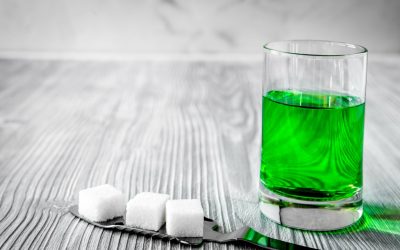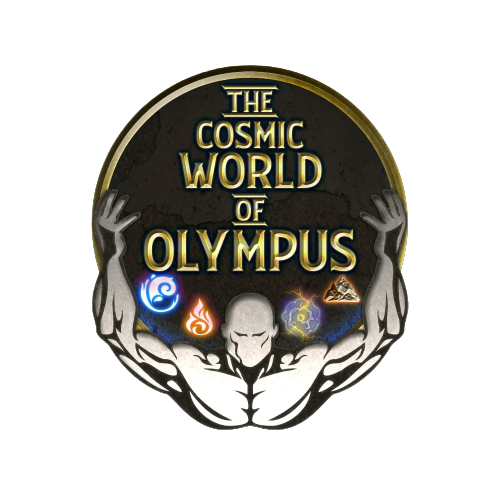Cognitive behavioral therapy for insomnia (CBTi), medication, or a referral to a behavioral sleep specialist can help. The Recovery Village at Palmer Lake offers comprehensive addiction treatment for drug and alcohol addictions and co-occurring mental health conditions. While withdrawal insomnia can be challenging, most people experience significant improvement in sleep quality as their recovery progresses. Understanding what to expect and how to support long-term sleep health is crucial for sustained recovery success. Diet and exercise can significantly impact sleep quality during withdrawal.
It reduces the time it takes to nod off (known as sleep onset latency), promoting deep sleep initially. But as the night progresses, this deep sleep period decreases, and you end up spending more time in less restorative sleep stages (like light sleep). Anecdotal evidence suggests the effects of a detox from alcohol are gradual over the entire four-week process; so there’s not a set timeline for each to kick in at one time. Usually, when people drink large quantities of alcohol, they either don’t eat very much or don’t eat healthy food.

It therefore has the unique ability to help you feel relaxed and upbeat at the same time. I’ve discussed amino acids often on this site, because they are the building blocks for neurotransmitters that are depleted by long-term alcohol consumption. Some of these solutions were serendipitous discoveries that I found through a process of trial and error.
Can Drinking More Water or Coffee Offset Alcohol’s Effects on Sleep?
This can be troubling and lead to increased anxiety and irritability. Sometimes, other medications can be used to ease potential withdrawal symptoms. You should discuss strategies to manage any withdrawal symptoms with a doctor. The impact of withdrawal symptoms depends on the substance you are withdrawing from, as well as how heavily you used the substance and for how long. Withdrawal symptoms from caffeine, for instance, might be unpleasant, but they usually do not lead to serious medical consequences. Withdrawal is a term used to describe a collection of symptoms that occur as a result of a substance abruptly leaving your body.
- Lots of people with alcohol use disorder need professional help to quit drinking.
- You’ll generally need to stay on the lesser dose for 2-6 weeks between dose reductions.
The Connection Between Diet, Exercise, and Sleep
The findings are consistent, however, with information obtained using animal research. Thus, prompt appropriate treatment of withdrawal, even in patients with mild symptoms, may conceivably prevent the development of complicated, more severe withdrawal during subsequent episodes. Managing insomnia at our detox center requires a combination of healthy sleep habits, stress-reducing techniques, and, when appropriate, medical intervention. Establishing a regular sleep schedule, creating a calming bedtime routine, and avoiding stimulants like caffeine can help.
Over time, however, the body builds a tolerance to alcohol, and a person may have to drink more and more to get the same feeling. Meanwhile, the brain is producing more and more neurotransmitters, making a person further imbalanced. If you are struggling with sleep, start keeping track of the time of day you consume caffeine and how you sleep that night. You may find that you sleep better with a longer period of caffeine abstinence before bed, such as 10 hours or more. A drug’s half-life refers to the amount of time it takes for your body to metabolize and eliminate half the dose you consumed. The range is so wide because many individual factors affect how quickly you metabolize caffeine and how soon its effects wear off.
Why Alcohol Withdrawals Insomnia Happens (And Why It’s So Brutal)
Adopting healthy sleep habits, such as maintaining a consistent sleep schedule, creating a relaxing bedtime routine, and optimizing the sleep environment, can accelerate the recovery process. Regular exercise, a balanced diet, and stress management techniques can also contribute to better sleep quality. After several months of sobriety, many individuals experience a full restoration of their natural sleep-wake cycle.
Does Stopping Alcohol Consumption Cause Insomnia?

Find out what they are and what you should do if you are experiencing them. As difficult as it may be, establishing good sleep habits early in your recovery can increase your chances of avoiding a relapse. You will hear this advice from former addicts, recovering alcoholics, and, most likely, your doctors and counselors as well. The more disciplined you are in following guidelines for good sleep hygiene, the quicker your withdrawal insomnia will disappear. If you think you may be having any symptoms of withdrawal, insomnia after stopping drinking express your concerns to a medical professional.
Doing so without medical supervision can trigger a new addiction to another substance. In a normal circadian rhythm, hormones are released at certain times throughout the day. Alcohol interrupts this process, causing abnormalities in how circadian hormones are released. Addressing insomnia isn’t optional during withdrawal-it’s a vital part of recovery. It’s also important to note that delirium tremens can be life-threatening.
- Generally speaking, insomnia during alcohol withdrawal can resolve within a few days to a week after quitting drinking.
- Regular check-ins with healthcare providers can help identify and address any ongoing sleep problems before they become serious enough to threaten recovery.
- Because of this, it is important to create and stick to a daily routine, including when you go to bed.
Shipping is free, and if Sleep Support doesn’t agree with your biochemistry or help you sleep better, you can return it for a full refund. Once you find out which herbs work best for you, they’ll become part of your anti-insomnia (and anti-anxiety) arsenal for years to come. Exploring cognitive behavioral therapy with a licensed therapist can help get your thoughts organized and out in the open. When you share your thoughts, you no longer need to hold on to them in your mind. First, understand the definition of insomnia to make sure this is what you are experiencing.
It is also very important to be properly assessed by a mental health professional if you experience extended paranoia—especially if you have hallucinations or delusions. Ideally, this professional should have expertise in substance issues, such as an American Board of Addiction Medicine (ABAM)-certified physician or a psychiatrist. Another piece of research suggests that drugs categorized as fatty acid amide hydrolase (FAAH) inhibitors may also help through their impact on endocannabinoid signaling. In this case, subjects taking a FAAH inhibitor had reduced cannabis withdrawal symptoms when compared to those who took a placebo. If you continue to feel anxious after a week of discontinuing use, seek professional help.

When to Seek Professional Help for Alcohol Withdrawal Insomnia
However, it is crucial to have a rough timeline in mind to get an idea of what to expect. For those with a serious addiction and years of heavy drinking behind them, it’s expected that the insomnia may Sober living house last longer. Moreover, if the individual has any other underlying health issues, the duration might prolong as their body is already in a compromised state. Just like the variances seen in the science behind insomnia after alcohol detox, the duration of insomnia after quitting is equally diverse. The circadian rhythm – the innate biological clock that manages our sleep-wake cycle – holds a crucial role in this narrative.

